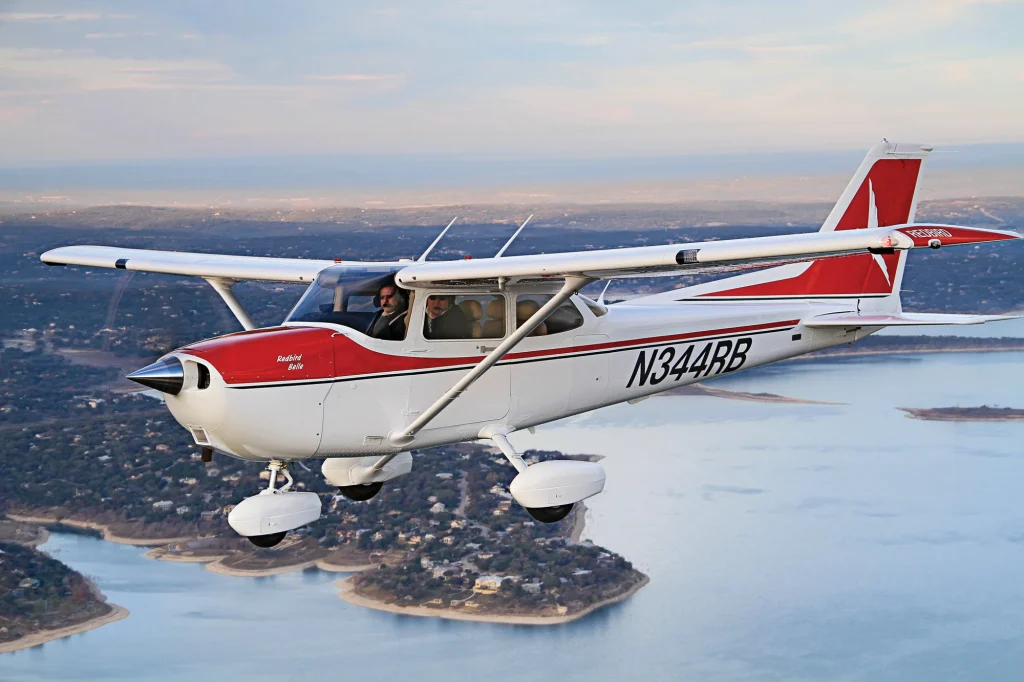If you’ve followed any of FLYING Finance’s guides for picking your first aircraft, you might also be thinking about the next steps. What does ownership look like, and what goes into maintenance and upkeep?
Maintenance and inspections are not optional with aircraft. Even minor failures can be catastrophic, so every pilot knows to keep their machine airworthy at all times.
This is where selecting the right mechanic becomes crucial. Aircraft mechanics are responsible for a wide range of maintenance tasks, including diagnosing electrical problems, repairing or replacing defective parts, and preventing surface corrosion. They are also required by the FAA to maintain detailed records of all aircraft maintenance activities.
All that to say, a quality mechanic will have a major impact on your ownership experience.
These general guidelines should help you navigate the process of finding and selecting a qualified aircraft mechanic.
Key Qualifications
- Certification: Check for an Airframe & Powerplant (A&P) certification, which is fundamental for performing any maintenance work on an aircraft through FAA standards. An A&P mechanic who has further achieved an Inspection Authorization (IA) is preferable, as this allows them to approve annual inspections and major repairs.
- Experience: Look for mechanics with extensive experience, especially those with specific expertise in the make and model of your aircraft. As with any other technical specialization, there are professionals with decades of involvement with almost any niche model or manufacturer, so start by looking for the most specific specialist you can find.
- Professional affiliations: Being part of professional organizations, such as the Professional Aviation Maintenance Association (PAMA), is usually a good sign, since it indicates a commitment to ongoing education and a community with accountability and reputation.
Finding the Right Mechanic for You
The aviation community can be surprisingly tight-knit despite spanning the globe. Reputation and personal connections mean quite a bit to most aviation professionals, so try to get plugged in if you’re not already so you can get personal recommendations.
Talk to fellow pilots at local flying clubs or talk to FBO staff at your airport, and they’ll be able to tell you the best specialists in your area.
You can also directly contact your aircraft’s manufacturer for a list of authorized service centers. These facilities tend to have mechanics who are well versed in specific aircraft models.
Before committing to any mechanic, FLYING Finance also recommends that you first see what kind of service they provide with a minor task like an oil change. You can gain a lot of insight into how well organized and customer friendly a shop will be based on a relatively inconsequential job. If you don’t receive the service you want on a routine task, you definitely don’t want to get trapped in a large repair process with someone you don’t trust.
While cost is a significant factor, you shouldn’t let it be the primary determinant in selecting a mechanic. You don’t want to compromise or cut any corners when you’re in the sky, which means you shouldn’t compromise on the ground, either.
That said, be aware of upselling and don’t be afraid to seek a second opinion for repair costs. The more you know about your aircraft, the more confidence you’ll have in knowing what you need to do and when.
Remember, a well-maintained aircraft not only ensures safety but also enhances your flying experience. Enjoy your aircraft to the fullest with peace of mind.
If you need any guidance along the way to getting into your own aircraft, visit FLYING Finance today, and we can help you through the process of getting preapproved and figuring out what best suits your needs and budget.


